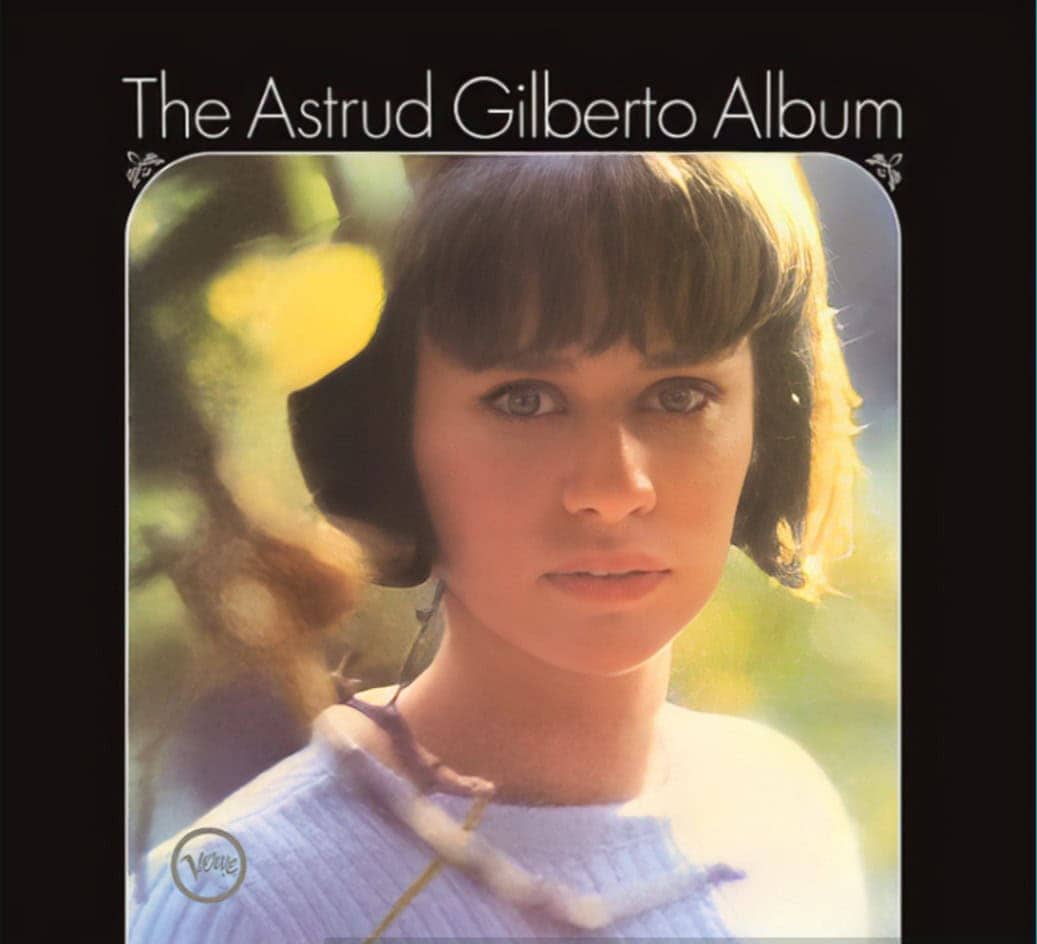
“Água de Beber,” translated as “Water to Drink,” stands as a quintessential bossa nova jazz standard that emerged from a moment of serendipity and inspiration in the early days of Brasília’s construction. Composed by the legendary duo Antônio Carlos Jobim (Tom) and Vinícius de Moraes, with English lyrics penned by Norman Gimbel, the song captures the essence of Brazilian musical artistry and poetic lyricism.
The genesis of “Água de Beber” is steeped in a charming anecdote recounted by Kléber Farias, an engineer involved in the building of Brasília. In 1959, amidst the creation of Brazil’s new capital, President Juscelino Kubitschek invited Jobim and Moraes to spend time at Catetinho, the provisional wooden presidential palace. It was here, against the backdrop of this nascent city, that the duo sought to compose a symphony for Brasília’s inauguration.
One fateful evening, while strolling near Catetinho, Jobim and Moraes were captivated by the sound of running water. Curious, they inquired of the watchman about its origin, to which he casually replied, “Você não sabe não? É aqui que tem água de beber, camará.” (Don’t you know? This is where you have drinking water, buddy boy.) This simple exchange sparked their creative muse, inspiring the first song composed in Brasília.
The immediacy of their inspiration led to the spontaneous creation of “Água de Beber,” which they performed that very night at the city’s sole hotel, delighting those fortunate enough to witness its debut. The song’s melody, set in the key of A minor, reflects the tranquility of flowing water while its lyrics evoke the beauty and simplicity of everyday life, characteristic of Jobim and Moraes’ collaborative genius.
Since its inception, “Água de Beber” has become a beloved standard in both Brazilian and international music repertoire. Its melodic grace and lyrical charm have been celebrated through numerous interpretations by artists worldwide, affirming its status as a timeless gem of bossa nova.
In conclusion, “Água de Beber” not only encapsulates the creative synergy between Jobim and Moraes but also symbolizes the cultural richness and natural beauty that inspired its creation. Its enduring popularity and universal appeal underscore its legacy as a masterpiece of Brazilian music, perpetually cherished for its evocative melody and lyrical elegance.
Video
Lyrics
Eu quis amar, mas tive medo
E quis salvar meu coração
Mas o amor sabe um segredo
O medo pode matar o seu coração
Água de beber, água de beber, camará
Água de beber, água de beber, camará
Eu nunca fiz coisa tão certa
Entrei pra escola do perdão
A minha casa vive aberta
Abri todas as portas do coração
Água de beber, água de beber, camará
Água de beber, água de beber, camará
Água de beber, água de beber, camará